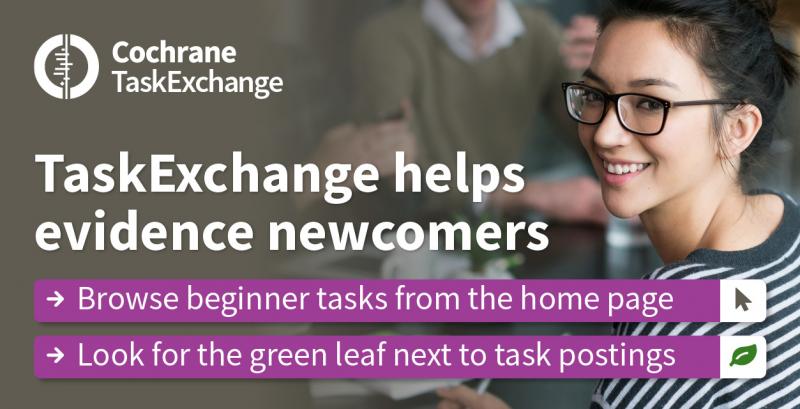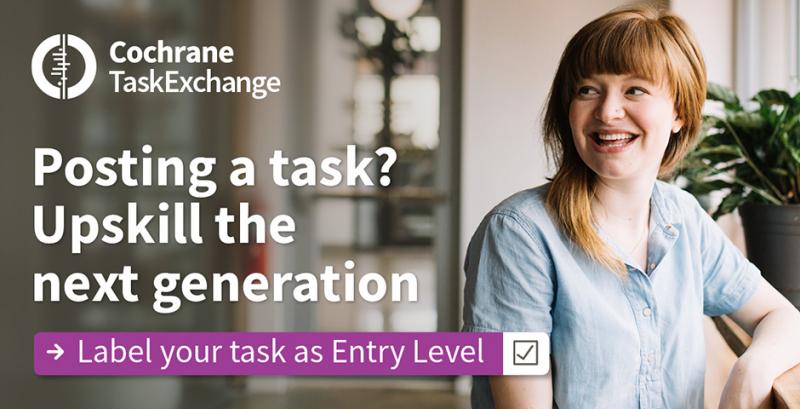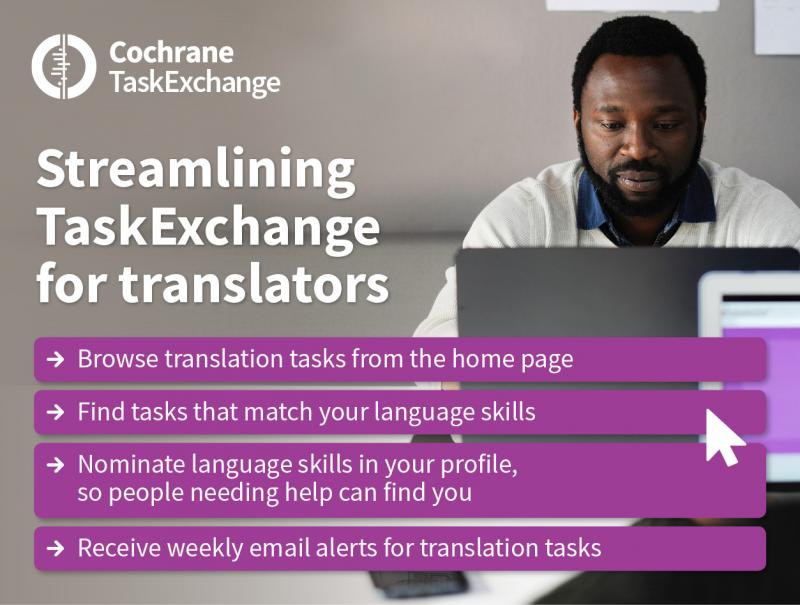New Cochrane-wide peer review policy

A new Cochrane-wide peer review policy has been published in the Editorial and Publishing Policy Resource. This policy has been introduced with the aim of improving transparency in decision making, consistent with core Cochrane principles, standardising practice across Cochrane, and implementing best practice for peer review.
As the policy standardises practice across Cochrane, some CRGs will be required to change their current peer review process significantly, whereas others will have very few changes to make. In recognition of this, the policy will be implemented over a period of time – between now and January 2019 – with the aim that all CRGs will be compliant with the policy by January 2019.
Sitting alongside the policy document is an extensive guidance document, developed in collaboration with the Managing Editor (ME) support team, which contains practical information and suggestions for MEs and Assistant MEs, who will be most impacted by the changes. During the implementation phase there will be support available to help CRGs identify and implement any required changes to current processes, and allow time for communication with peer reviewers.
The four key highlights of the new policy are:
- From January 2019 Cochrane will adopt a named peer review policy, whereby authors and peer reviewers know each other’s identities during the peer review process.
- A decision workflow for deciding when to peer review updated protocols and updated Cochrane Reviews.
- A minimum number and type of peer reviewer.
- A minimum standard for acknowledgement of peer reviewer contributions.
One of two scheduled peer review policy webinars, introducing the policy, the key policy highlights and practical implementation suggestions, has already taken place. The recording of this webinar, together with the slides, is available from the Cochrane Learning and Development website. The same webinar will also take place on 10th May at 07:00 UK/16:00 Brisbane, Melbourne, Sydney/18:00 Auckland. Please register beforehand if you would like to attend.
In addition, as part of the Editorial and Publishing Policy Unit webinar series there will be a policy surgery webinar on 15th May at 12:00 UK/13:00 CEST, where anyone is welcome to join and discuss any editorial policy, or receive advice and guidance on any specific cases. Please register beforehand if you would like to attend.
The peer review policy represents a huge amount of work from a diverse group of stakeholders from across Cochrane, and many thanks go to everyone who has had a role in the development of the policy and guidance documents. Particular thanks go to the MEs and AMEs who took the time to comment extensively on early drafts of the policy, and especially to Melina Willson for collating and coordinating the feedback.
If you have any comments or questions on the peer review policy, please contact Bryony Urquhart.
David Tovey
Editor in Chief












